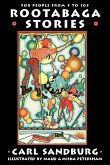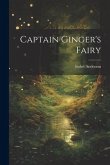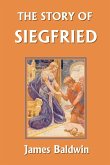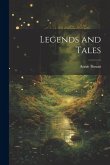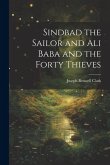Rootabaga Stories is a children's book of interrelated short stories by Carl Sandburg. The whimsical, sometimes melancholy stories, which often use nonsense language, were originally created for his own daughters. Sandburg had three daughters, Margaret, Janet and Helga, whom he nicknamed "Spink", "Skabootch" and "Swipes", and those nicknames occur in some of his Rootabaga stories. The "Rootabaga" stories were born of Sandburg's desire for "American fairy tales" to match American childhood. A large number of the stories are told by the Potato Face Blind Man, an old minstrel of the Village of Liver-and-Onions who hangs out in front of the local post office. His impossibly acquired first-hand knowledge of the stories adds to the book's narrative feel and fantastical nature. Excerpt: "Gimme the Ax lived in a house where everything is the same as it always was. 'The chimney sits on top of the house and lets the smoke out, said Gimme the Ax. The doorknobs open the doors. The windows are always either open or shut. We are always either upstairs or downstairs in this house. Everything is the same as it always was..."


